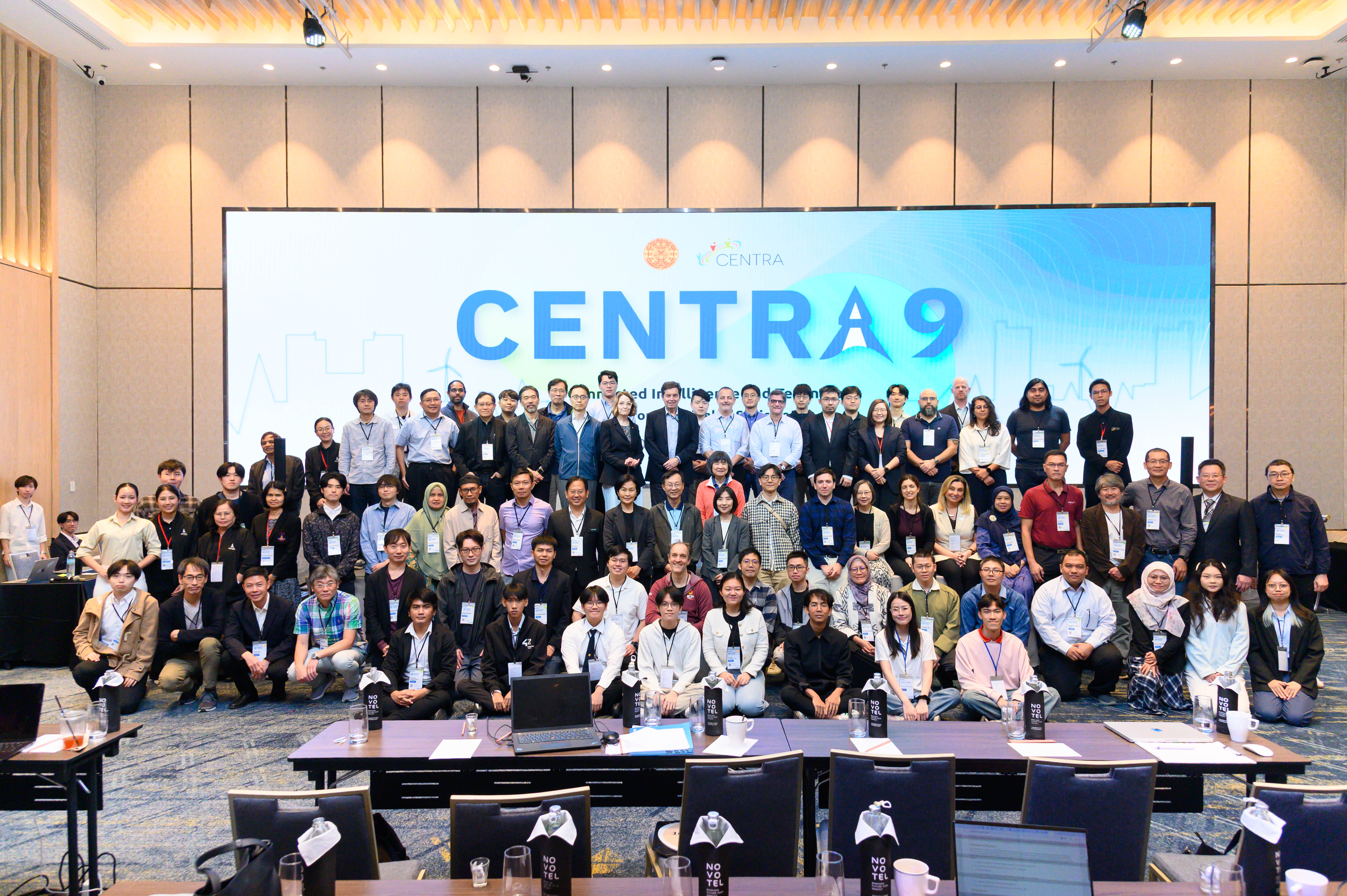Laboratório de Software Confiável
No Laboratório de Software Confiável (HASLab), melhorando a prática através da teoria, criamos e implementamos software que vai além da funcionalidade: garantimos que é correto, resiliente e seguro contra falhas e ataques.
A nossa equipa de investigadores, cientistas e engenheiros tem competências em engenharia de software, onde desenvolvemos métodos e ferramentas para conceber e integrar software robusto; sistemas distribuídos, onde exploramos a distribuição e replicação para garantir escalabilidade e confiabilidade; e segurança da informação, onde considerando também os desafios da cibersegurança, fortalecemos os sistemas com protocolos criptográficos avançados e seguros, minimizando vulnerabilidades.
Com uma abordagem multidisciplinar e sustentada por princípios teóricos sólidos, criamos soluções inovadoras para software crítico, infraestruturas cloud seguras e gestão de big data com privacidade, impulsionando avanços científicos, inovação e consultoria de excelência.
Além disso, complementamos a nossa expertise em áreas como interação humano-computador, linguagens de programação, matemática de computação e computação quântica - porque acreditamos que o futuro do software confiável se constrói com conhecimento e inovação.


